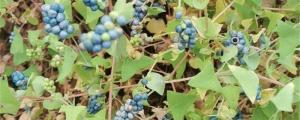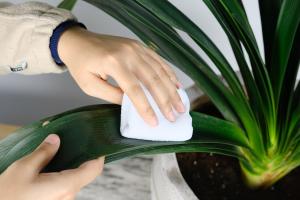Introduction
Planting seeds is a critical step in growing a healthy and thriving garden. However, knowing the optimal time to plant seeds can make all the difference in the success of your garden. In this article, we will explore the best time to plant seeds and how to determine the suitable planting time for various plants.
Factors Affecting Planting Time
Several factors can influence the best time to plant seeds, including:
The type of plant you want to grow
The climate of your region
The time of year
The soil temperature
Understanding these factors can help you plan and prepare for the ideal seed planting conditions.
Best Time to Plant Seeds
The best time to plant seeds varies from plant to plant and from region to region. With that said, there are generally two optimal planting periods for most garden plants: in the spring and in the fall.
Spring Planting
In regions with a temperate climate, spring planting is ideal. The soil temperature should be at least 50掳F before planting seeds, which typically occurs in early to mid-spring. For warm-season vegetables like tomatoes, peppers, and squash, it's best to wait until after the last spring frost before planting.
Fall Planting
For regions with a warmer climate, fall planting is typically the best choice. When planting in the fall, it's essential to consider the plant's mature growth and adjust the planting date accordingly. For example, if the plant takes 70 days to mature, you must plant it 70 days before the first expected frost date.
Additional Tips for Planting Seeds
Here are some additional tips that can help you determine the best time to plant seeds:
Use a Soil Thermometer
A soil thermometer can help determine when the soil has reached the ideal temperature for planting seeds. Insert the thermometer into the soil at a depth of 2-3 inches to get an accurate temperature reading.
Check Your Local Frost Dates
Frost dates vary by region and can significantly affect the success of your garden. Check your local frost dates to determine when you should plant certain plants, especially those that don't tolerate frost well.
Observe the Weather
Pay attention to the weather and soil conditions before planting seeds. Avoid planting seeds during wet or extremely dry conditions, as they can harm the plants' growth and development.
Conclusion
Knowing the best time to plant seeds is key to achieving a successful garden. The ideal planting time depends on several factors such as climate and the type of plant you want to grow. By following the tips and guidelines mentioned in this article, you can determine the optimal planting time and improve your garden's success rate.

 how many times do yo...
how many times do yo... how many planted tre...
how many planted tre... how many pine trees ...
how many pine trees ... how many pecan trees...
how many pecan trees... how many plants comp...
how many plants comp... how many plants can ...
how many plants can ... how many plants and ...
how many plants and ... how many pepper plan...
how many pepper plan...































